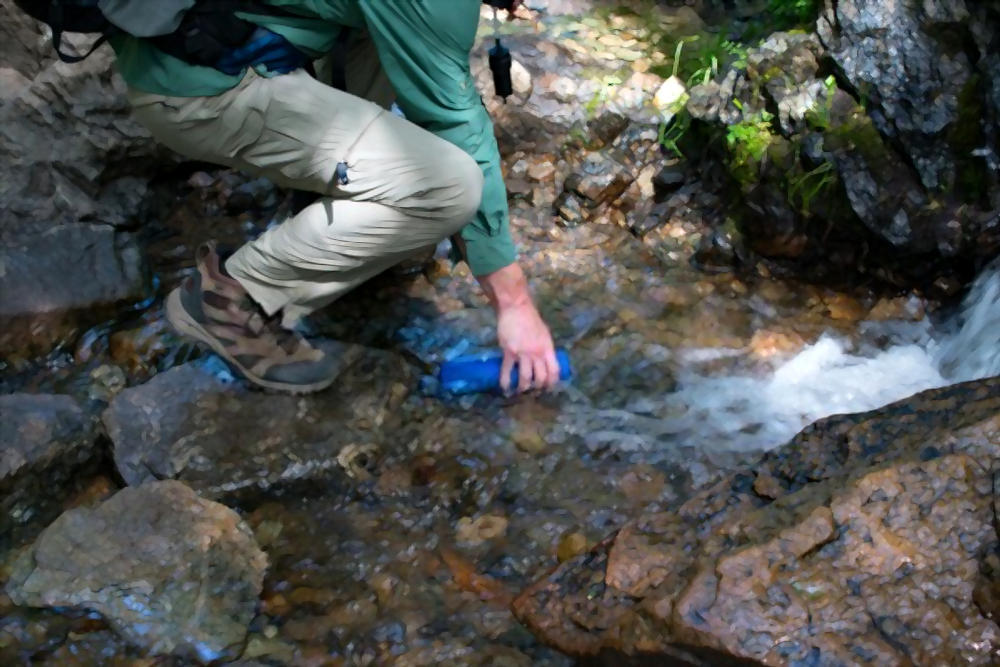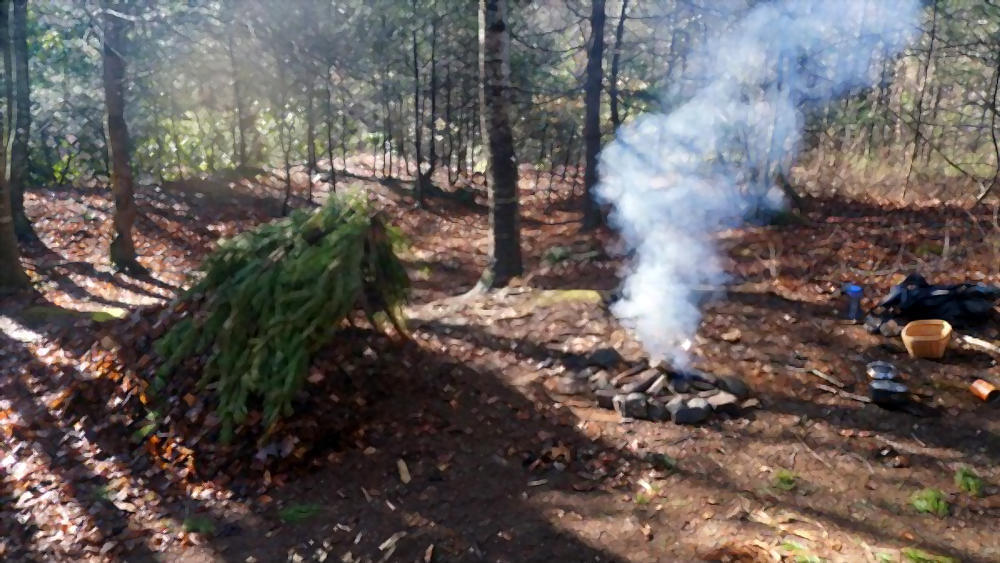Life is completely unpredictable.
This is why to keep yourself safe, you need to learn and master basic wilderness survival skills. You will need the right survival gear and techniques to ward off danger. But what exactly are these?
Whether you love the outdoors, or you prefer to stay in the city, it is necessary to have these survival skills. You can be sure that you and your loved ones stay safe amid the face of danger.
So, we enumerate and discuss these skills – what they are and why you need to learn all of these.
Let’s dive right into it!
Stay Safe and Alive with These Basic Wilderness Survival Skills
Nobody likes to be in danger.
But if you find yourself trapped in the woods or not in your comfort zone, it would not hurt to have these skills handy.
1. Purifying Water

Humans can survive longer even without a lot of food as long as there is plenty of water.
But what if the only source of water you have is not exactly safe to drink? How can you make it ideal to consume?
This is why you need to learn how to purify it.
A good way to do so is by boiling it. Even if the water is from a stream and not a stagnant pool, you still need to make sure it is safe to drink.
If you don’t have a portable purifier, boiling it should suffice. You can always pour the water into a vessel and boil it over a campfire. Some people use survival gear such as a purification tablet. But boiling it also works when you don’t have this in your backpack.
2. Build a Shelter
You need to keep yourself warm, more than anything.
The temperature in the wilderness may be mild but it can be quite intense at night. This is why it helps to have a shelter to keep you safe.
Your shelter can also spare you from wild animals that are just prowling in such an unknown environment.
What is the best and easiest way to build yourself a shelter?
We recommend a lean-to type of a temporary structure. This is the quickest to build because of the simple materials and techniques required. You can just use natural materials such as a fallen tree or rock face. Just build a three-piece frame, and you have a space to lean building materials.
But there is one caveat to this type of shelter – it is not very sturdy.
There is no total protection from tough weather, so you can just use it temporarily. In case there are strong winds, this shelter may be easily blown away. For day use, though, it should be just right.
3. Start a Fire
Speaking of harsh weather, you need to keep warm in the wilderness.
This is why you need to be able to start a fire. The heat can keep you warm, which prevents hypothermia.
Also, fire is useful for cooking food and purifying water by boiling it. Predators are also scared of fire, so it can keep you safe.
The quickest way to start a fire is to begin small. Gather up small items that burn easily. These may be twigs, brush, sticks, and wood. They need to be dry and cracked – anything but wet or moist. Then, use your magnifying glass and focus it on the sun, which will eventually cause these materials to burn.
Once you get a fire going, shield it from the wind and moisture. This way, you can keep it burning for a longer time.
4. Navigating Using a Compass

In our modern world, you simply rely on the GPS in your phone to find your way.
But if you don’t have these modern devices, you need to know how to read and use a compass. This is a basic wilderness survival skill that would come in handy when you are in an unknown place.
You can also try to climb a tree or go to a high location to figure out where you should go next. It is a smart starting point, allowing you to see beyond what your eyes can see from low ground.
5. Hunting for Food
Drinking water will not suffice if you are trying to survive in the wilderness. You also need to eat, more than anything.
But what can you eat in the woods?
One thing you can do is hunt. You can use a hand-made weapon such as a sharp stick to spear that fish or game. It requires some craftsmanship to really make it pointy and effective, which can kill that game.
Another way is to trap animals. You can build your own trap that should catch a smaller game. But this is a little bit tougher to do, and it requires some patience. After all, your prey will not be passing by every minute. So this is a more time-consuming way to find food.
Some people also fish in the wilderness. With your line and hook, and perhaps a natural bait, you can try to catch some fish. Again, it takes patience to get your catch. And yes, a place that is teeming with fish may also have larger predators nearby.
Lastly, there is the option of foraging. You just need to make sure that the plants you find are safe to consume. There are poisonous plants out there, which may cost you your life. So you need to have some knowledge of the local flora and steer clear from poisonous mushrooms. A survival handbook should be useful at this point.
6. Dress a Wound
Lastly, you need to be prepared for emergencies.
Whether you are attacked by an animal or encountered injuries, you need to know how to deal with any of these properly.
Thus, closing and dressing a wound is a basic skill to have.
If you are sustaining a cut no matter how big or small, be sure to clean it up. Use alcohol to do so then bandage it with cloth or band-aids. The most important thing is that it does not bleed continuously.
In case you have a cut, you need to use a tourniquet. But this is more of a last resort since binding a limb too tightly may cause serious damages. So, you need to know how to do it correctly to get the best results from doing so.
Conclusion
Nobody wants to be stuck in the wilderness. And no one would ever dream of being in an unsafe place.
But by possessing basic wilderness survival skills, you should be able to stay safe, alive, and in one piece no matter what the circumstances. Do your best to acquire these skills that will make a huge difference in your life.

